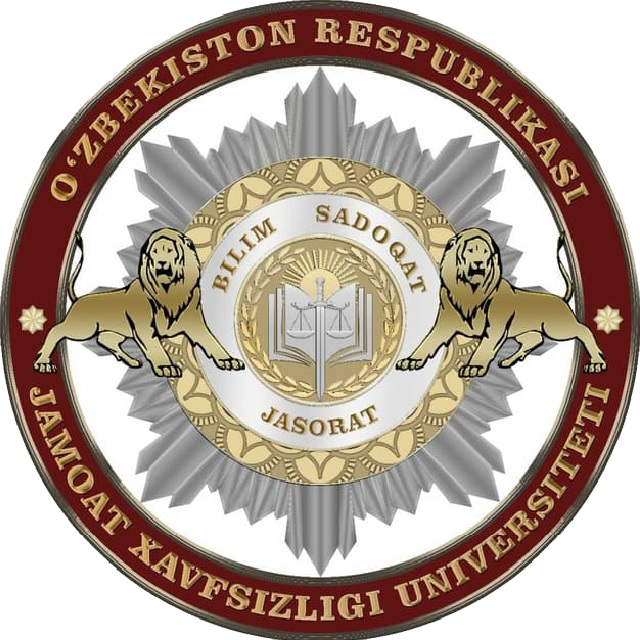
Faculty of foreign military personnel training
Training of military personnel of foreign states at the University of Public safety is carried out on a gratuitous, preferential and paid basis in accordance with bilateral international agreements concluded in the prescribed manner.
Expenses for training foreign military personnel at the University are reimbursed in the following order:
On a gratuitous (free) basis – expenses for training and provision (uniform, food, financial support, utilities) – at the expense of funds allocated from the State budget of the Republic of Uzbekistan, housing costs during the training period (with the exception of cadets enrolled in the undergraduate program) – at the expense of the sending parties.
On a preferential basis – the cost of education at the expense of funds allocated from the State budget of Republic of Uzbekistan, maintenance costs (uniform, food, financial support, utilities), housing costs during the training period (with the exception of cadets enrolled in the undergraduate program) – at the expense of the sending parties.
On a paid basis – all expenses for training and provision at the expense of the sending parties.
The procedure for free, preferential and paid training, as well as the specifics of monetary, logistical and other types of support for foreign military personnel at the University are established within the framework of international military cooperation and treaties (agreements) concluded by the Republic of Uzbekistan.
Foreign military personnel are accepted to study at the University without entrance examinations.
The training of foreign military personnel at the University is carried out according to the available (specified in contracts (agreements)) specialties.
Types of education for foreign military personnel and employees at the University of Public safety (Type of training: daytime. Duration of study: 4 years):
- Bachelor’s degree;
- Master’s degree;
- Advanced training courses for military personnel;
- Postgraduate education (for the degree of Doctor of Philosophy (PhD) and Doctor of Science (DSc) in the types of postgraduate study and postgraduate independent research).
Undergraduate directions for foreign military personnel (Form of study: full-time. Duration of study: 4 year):
- Command and tactical activities of special forces (Qualification awarded: manager by branches);
- Educational and psychological support of service (Qualification awarded: psychologist);
- Command and engineering activities for the use of detection and security systems (Qualification awarded: Engineer).
Specialties of the Master’s program for foreign military personnel (Form of study: full-time. Duration of study: 1 year):
- Command and staff activities of operational-tactical support for public safety (Qualification awarded: manager by branches);
- Command and staff activities of educational and psychological support (Qualification awarded: psychologist);
- Command and engineering activities for security support (Qualification awarded: engineer of electrical complexes and systems).
Advanced training courses for foreign military personnel and employees (Duration of study: 1 month):
- Maintaining public order;
- Tactics of detaining armed criminals and releasing hostages in buildings, in public and railway transport;
- Action tactics of units’ personnel maintaining public order security in urban conditions.
- Within the framework of agreements with foreign partners, based on the internal capabilities of the University, Military personnel and employees of foreign countries may be admitted to other advanced training courses at the University.
The main branches of science for postgraduate education at the University (postgraduate study and postgraduate independent research)
- 00.00 - Military sciences;
- 00.00 - Legal Sciences;
- 00.00 - Pedagogical sciences.
Within the framework of agreements with foreign partners, based on the internal capabilities of the University, postgraduate education in other branches of science can be organized.

